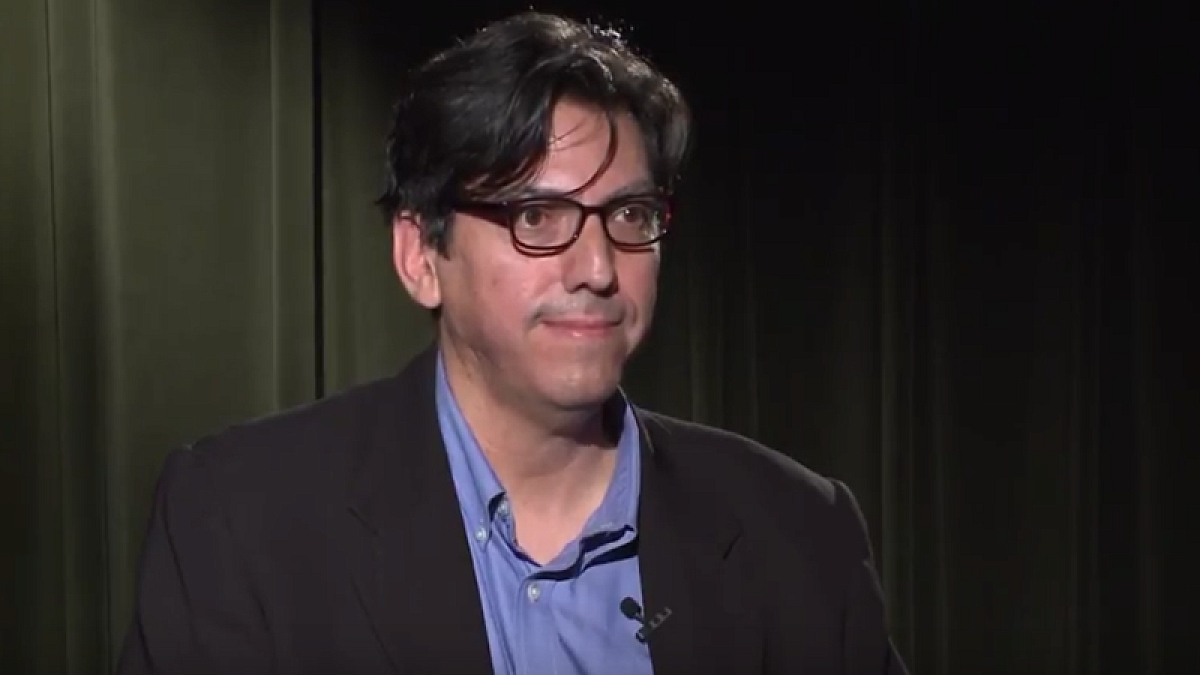This week’s episode of “UO Today” features Christopher Chávez, a UO professor of advertising and media studies who has written award-winning research papers about ethnicity, race and Latino communications.
The interview focuses on Chávez’s research, which looks at how global industries organize and reorganize collective identity and how marginalized communities can be empowered within the limits of market forces. He also delves into the programming and funding of public media like NPR and PBS, using the knowledge he gained during his 10 years as an advertising executive.
“If you’re going to understand a media industry, you have to understand the mechanics of it, like how exactly it works,” he said. “So to understand film, you have to understand the filmmaking process. In my case, having an understanding of advertising and advertising practices helped me in a couple different ways: the production process and how it actually works, but also getting access to informants and being able to ingratiate myself within that community.”
Previously, Chávez said, the advertising world focused on the “otherness” and Spanish-speaking of Latinos when targeting them in an ad campaign, viewing them as outside mainstream culture and using language as a thread to tie together people hailing from multiple countries. But now that’s changing.
“Before, and what allowed Univision to become such a dominant force, is that nobody was really paying attention to this market,” he said. “What’s happened in recent years with the demographic shift, all of a sudden mainstream marketers are starting to pay attention to this market.”
Right now Latinos make up 16 percent of the population and is projected to dramatically increase that share in coming years — 1 in 3 kindergarteners in Oregon are Latino. So by appealing specifically to Latinos, companies can tap into a huge source of revenue.
For more, watch the rest of the interview here.
“UO Today” is a weekly half-hour interview program hosted by Paul Peppis, a UO English professor and director of the Oregon Humanities Center. Each episode features a conversation with UO faculty and administrators, visiting scholars, authors or artists.
It’s produced by the Oregon Humanities Center in collaboration with UO Library’s Center for Media and Educational Technology. An archive of past interviews is available on the Oregon Humanities Center’s website, or on their YouTube channel.


